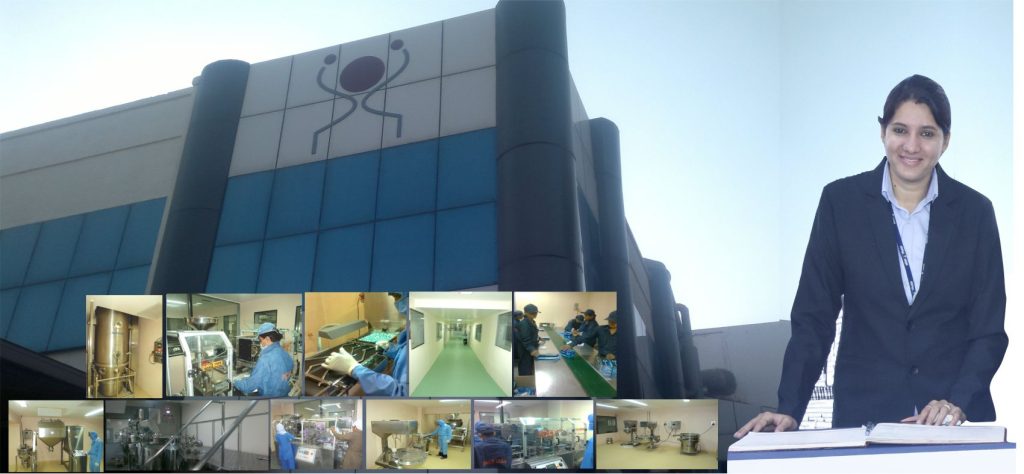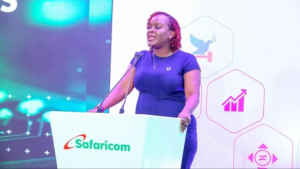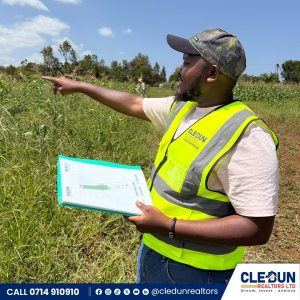In late 2024, thousands of Kenyan patients managing hypertension, high cholesterol, and related conditions were thrown into confusion. Popular drugs such as Atenol and Lipiloc were abruptly pulled from pharmacy shelves after the Pharmacy and Poisons Board (PPB) halted their sale and distribution.
The PPB’s swift action was necessary because of two reasons. First, as the regulator they have the mandate to ensure the safety, quality, and efficacy of all medical products in Kenya. Second, and more important, the whistleblower was Prism Life Sciences, an Indian-based pharmaceutical manufacturer, that manufactured the said brands.
On 19th August 2024 Prism Life Sciences wrote to the PPB alleging that there were counterfeit and/or substandard pharmaceutical formulations being sold in Kenya. These allegations were based on tests carried out by Prism Life Sciences.
In the said letter, Prism Sciences alleged that there were several thousand units of counterfeit Lipiloc and Mexic being marketed and sold in Kenya.
Prism Life Sciences stated that immediately it received this information, it purchased some of the products, including Mexic and Lipiloc from the Kenyan market and subjected them to lab analysis in India.
According to Prism Life Sciences, the test results indicated that the products had failed on various counts and hence were allegedly found to be substandard and unfit for human consumption.
But as PPB’s CEO Dr Fred Misoi told the Court, this was hot air, ammunition that was Prism Life Sciences used in a bitter commercial dispute with its former partner Galaxy Pharmaceuticals, a Kenyan company that had been distributing the said drugs for 20 years.
First, PPB collected the samples from the quarantined Galaxy Pharmaceutical products and subjected them to analysis at the National Quality Control Laboratory (NQCL). The products passed the analysis test.
PPB noted that the collection of the samples by Prism Life Sciences was done contrary to the provisions of the Pharmacy and Poisons (Pharmacovigilance and Post Market Surveillance) Rules, which provide for the procedure of collection and sampling of medical products and health technologies.
The regulator noted that it was untrue, as alleged by Prism Life Sciences, that the products in question were of low quality or that they had been manufactured in breach of good manufacturing practices, and neither were the products counterfeit as alleged.
Earlier, PPB had notified Prism Life Sciences that it would inspect its Ravi Industries manufacturing facility in Chatral City, Gujarat State, India. The inspections were then done between January 4 and January 5th 2024 by PPB inspectors, and the regular found that, based on GMP, the facility was operating at unacceptable levels of compliance with who GMP standards.
Dr. Siyoi told the courts that this was purely a commercial dispute, tests had shown that the said brand of drugs were safe.
But this is not enough. The PPB and other regulators such as the Competition Authority should severely punish firms that make false claims especially on medicines, given that patients’ lives are concerned. This is the practice in other jurisdictions.
In 2014, Italy’s competition authority fined Roche and Novartis €180 million for colluding to limit use of the cheaper drug Avastin. The firms allegedly spread false safety fears to push the costlier Lucentis, despite clinical studies showing no concerns, protecting their profits at patients’ expense.
In France, the competition authority fined three firms €444 million in 2020 for anti-competitive practices, though the penalty was overturned in 2023. Separately, in 2013, Sanofi was fined €40.6 million for discrediting generic versions of its drug Plavix.
Time for the PPB to crack the whip.







More Stories
Safaricom Director Honored with Global Social Innovation Award
Cledun Realtors Expands Thika Housing Project with Prestige Court Phase II
Former Ichagaki MCA Dr. Mwangi Joins UDA for Murang’a Senatorial Race